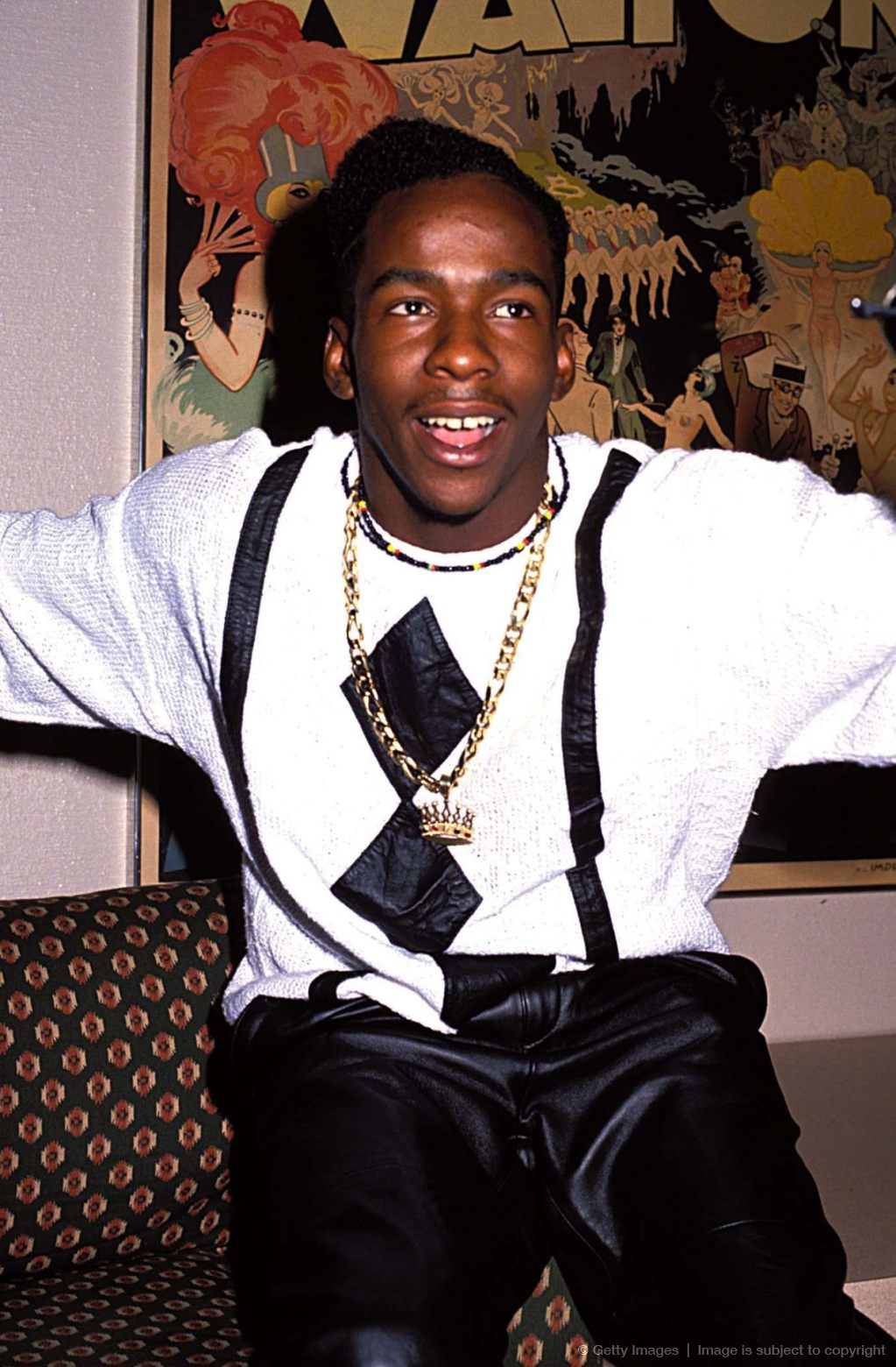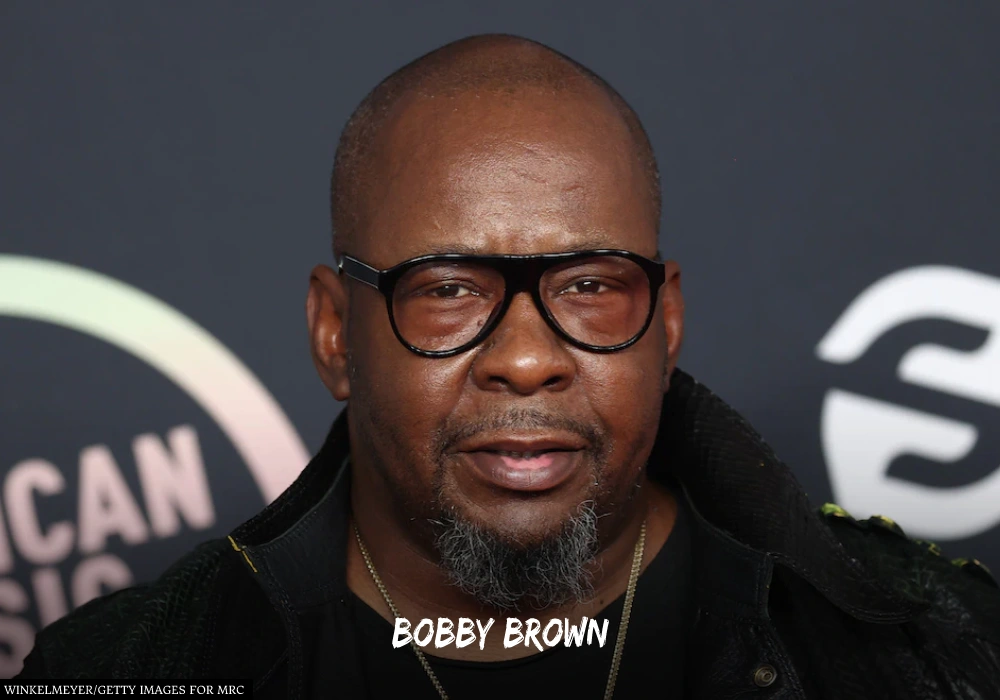Bobby Brown's Financial Empire In 1989: A Deep Dive Into The Year Of Triumph And Turmoil
In 1989, the financial landscape of Bobby Brown was a testament to the heights an artist could achieve in the music industry. This year marked the zenith of his musical stardom, with his name resonating through the corridors of the music world. The financial worth of Bobby Brown during this era was not just a number but a reflection of the dynamic shifts occurring in the industry and the forces that elevated an artist to unparalleled success. The exploration of Brown's monetary value is more than a financial exercise; it is a journey into the heart of the music industry's evolution and the complex realities of fame.
Bobby Brown's journey from the streets of Boston, Massachusetts, to the global stage is a narrative rich with both triumph and tribulation. His rise from the collaborative beginnings with New Edition to the individual spotlight is a testament to his resilience and adaptability. The trajectory of Brown's career reveals the intricate dance between fame, fortune, and the relentless evolution of an artist. In 1989, Bobby Brown's financial standing was shaped by the roaring sales of his chart-topping albums, the electrifying energy of his concert tours, and the allure of endorsement deals. This pivotal year was marked by the convergence of professional achievements and personal challenges, making it a defining moment in his career.
| Attribute | Details |
|---|---|
| Full Name | Robert Barisford Brown |
| Born | February 5, 1969, Boston, Massachusetts, USA |
| Occupation | Singer, Songwriter, Rapper, Dancer, Actor |
| Years Active | 1978 - present |
| Genres | R&B, Pop, Hip Hop, New Jack Swing |
| Notable Albums | "Don't Be Cruel" (1988), "Bobby" (1992) |
| Key Singles | "My Prerogative", "Every Little Step", "Roni", "Humpin' Around" |
| Associated Acts | New Edition, Whitney Houston |
| Website | bobbybrown.com |
The year 1989 was a defining moment in Bobby Brown's career, marking the pinnacle of his solo success. His departure from New Edition was not merely a change of environment but a strategic leap into individual artistry. The formation of New Edition in 1978 provided the foundation for his eventual solo ascension. His time with the group was marked by rapid growth, a refinement of his performance skills, and a deep understanding of the music industry. The group achieved significant recognition with hits like "Candy Girl" and "Cool It Now," which appealed to a youthful audience and set the stage for Brown's subsequent success. It was within New Edition that Bobby Brown laid the groundwork for the persona that would soon captivate audiences worldwide.
- Crown Royal Cocktails Best Mixers Delicious Recipes
- Btk Killer Drawings New Victims Unveiling Raders Art
New Edition's initial success paved the way, with their self-titled debut album in 1984 achieving platinum status, an early indicator of Brown's potential. As the group gained popularity, so did Brown's personal ambitions. This inherent drive, coupled with the desire for creative autonomy, spurred him to venture into a solo career. The late 1980s saw the fruition of this ambition, setting the stage for an unprecedented era of stardom. The creative differences and his yearning for individual expression were the catalysts that propelled him on a new path, one that would define an entire generation of music lovers.
Bobby Brown's solo career gained substantial momentum with the release of his debut album, "Don't Be Cruel," in 1988. This album was not just a musical tour de force but a cultural phenomenon. It showcased his distinctive fusion of R&B, pop, and hip-hop elements. The tracks dominated radio playlists and MTV, transforming Brown into a household name. His ability to blend various music styles, coupled with his captivating stage presence, made him an icon almost overnight. The album's success was a clear indicator that Brown had moved beyond the group dynamic and carved his own distinct path to musical immortality.
The impact of "Don't Be Cruel" extended beyond record sales; it fundamentally altered Bobby Brown's financial trajectory. The album's massive success cemented his status as a leading artist and dramatically increased his net worth. By 1989, Brown was ranked among the highest-earning musicians in the industry. The financial rewards of the album included a steady stream of income from album sales, along with a significant boost from concert tours and lucrative endorsement deals. The meteoric rise of "Don't Be Cruel" and its accompanying singles provided a solid foundation for Brown's financial achievements in 1989, setting the stage for his peak earning potential.
In 1989, the financial value of Bobby Brown was estimated at approximately $10 million. This impressive figure was primarily attributed to the resounding success of his solo career, particularly the record-breaking sales of "Don't Be Cruel." The album, which sold over 5 million copies within the United States alone, became a cornerstone of his financial empire. Its longevity on the charts continued to generate royalties, further adding to his financial standing. The persistent popularity of "Don't Be Cruel" maintained a consistent revenue stream, solidifying Brown's financial position.
The earnings from concert tours and merchandise sales acted as significant financial boosters, expanding his wealth beyond the initial success of the album. Bobby Brown's appeal as a performer attracted massive audiences, filling arenas and concert halls. These live performances were major financial events, generating substantial revenue from ticket sales and merchandise. As a performer, Brown understood the importance of connecting with his audience, turning each concert into a profitable venture. The synergy between his music, stage presence, and ability to connect with audiences transformed him into a highly sought-after entertainer, greatly contributing to his financial success.
In 1989, Bobby Brown's income streams were diversified and robust, enabling him to live a luxurious lifestyle that matched his success. The primary sources of his income included music sales, concert tours, endorsements, and merchandising. The massive sales of "Don't Be Cruel" and its hit singles were continuous sources of revenue, with royalties adding to Brown's financial stability year after year. Live performances played a major role in generating substantial earnings, with the high demand for tickets underscoring his popularity as a live performer. Strategic collaborations with well-known brands increased his visibility and income, while the sale of branded merchandise contributed to his overall earnings, allowing him to capitalize on his celebrity status.
The financial success that Brown experienced in 1989 translated into an extravagant lifestyle, a time when luxury and public visibility were closely intertwined. His public image was synonymous with an exuberant and flashy approach, often seen in designer clothing and driving high-end cars. His style choices and lavish lifestyle became a visual expression of his fame. The media's interest amplified his profile, and his public persona became a reflection of his professional success and financial standing. However, this opulent lifestyle came with its own set of complications. The glare of the media and the inevitable public scrutiny formed the shadow side of his fame. Brown's financial accomplishments were intricately interwoven with the challenges he faced. Personal relationships became public spectacles, creating added pressure, and substance abuse issues that would ultimately impact his career. Navigating the complexities of personal and professional life, Brown found that the spotlight that brought him riches could also be unforgiving.
The challenges that Brown faced, despite his professional success, had a profound effect on both his personal and professional life. His struggles with substance abuse and tumultuous relationships frequently took the forefront, occasionally eclipsing his musical achievements. The unrelenting media scrutiny of his relationship with Whitney Houston and his battle with addiction profoundly impacted his performances and public image. These challenges caused shifts in his career trajectory. The ability to rise above, adapt, and reinvent himself became crucial. His willingness to reinvent himself demonstrated his fortitude and ability to transform, which he needed in the ever-evolving music industry.
Bobby Brown's influence on the music industry extends beyond his personal achievements. He created a path for many future R&B artists. His innovative style and approach to live performance had a long-lasting impact. The way he performed and his musical approach were extremely influential, inspiring a new generation of artists and changing the trajectory of R&B and pop music. His contribution to the New Jack Swing genre, blending R&B with hip-hop, defined an era and inspired artists such as Usher and Chris Brown. Bobby Brown's legacy in the music industry is not just about his financial success but also about his influence on the genre and the artists who followed in his footsteps.
In the broader context of the music industry, Bobby Brown's career in 1989 reflects the trends and transformations occurring during that time. The rise of R&B and hip-hop as dominant forces in popular music was evident in Brown's success. His ability to blend genres and appeal to a diverse audience was a precursor to the multicultural landscape of modern music. The connections between Bobby Brown and other famous artists, such as Whitney Houston, underscore the collaborative nature of the industry and the impact of celebrity relationships on public perception. The influence of artists like Bobby Brown on society extends beyond music, shaping cultural norms and influencing fashion, dance, and entertainment. His legacy in the music industry is a testament to the power of creativity and resilience in the face of challenges, making him a pivotal figure in the history of R&B and pop music.
- Adamari Lpez Toni Costa A Look At Their Relationship After Separation
- Test Your Skills Does Chemistry Quiz Awaits You

Bobby Brown Net Worth in 2022 All You Need To Know

bobby brown mtv 1989 Bobby Brown Photo (32730694) Fanpop

Bobby Brown Net Worth 2024 Salary, Career, Bio